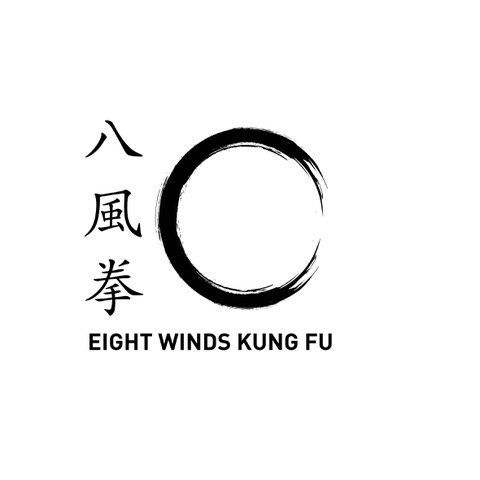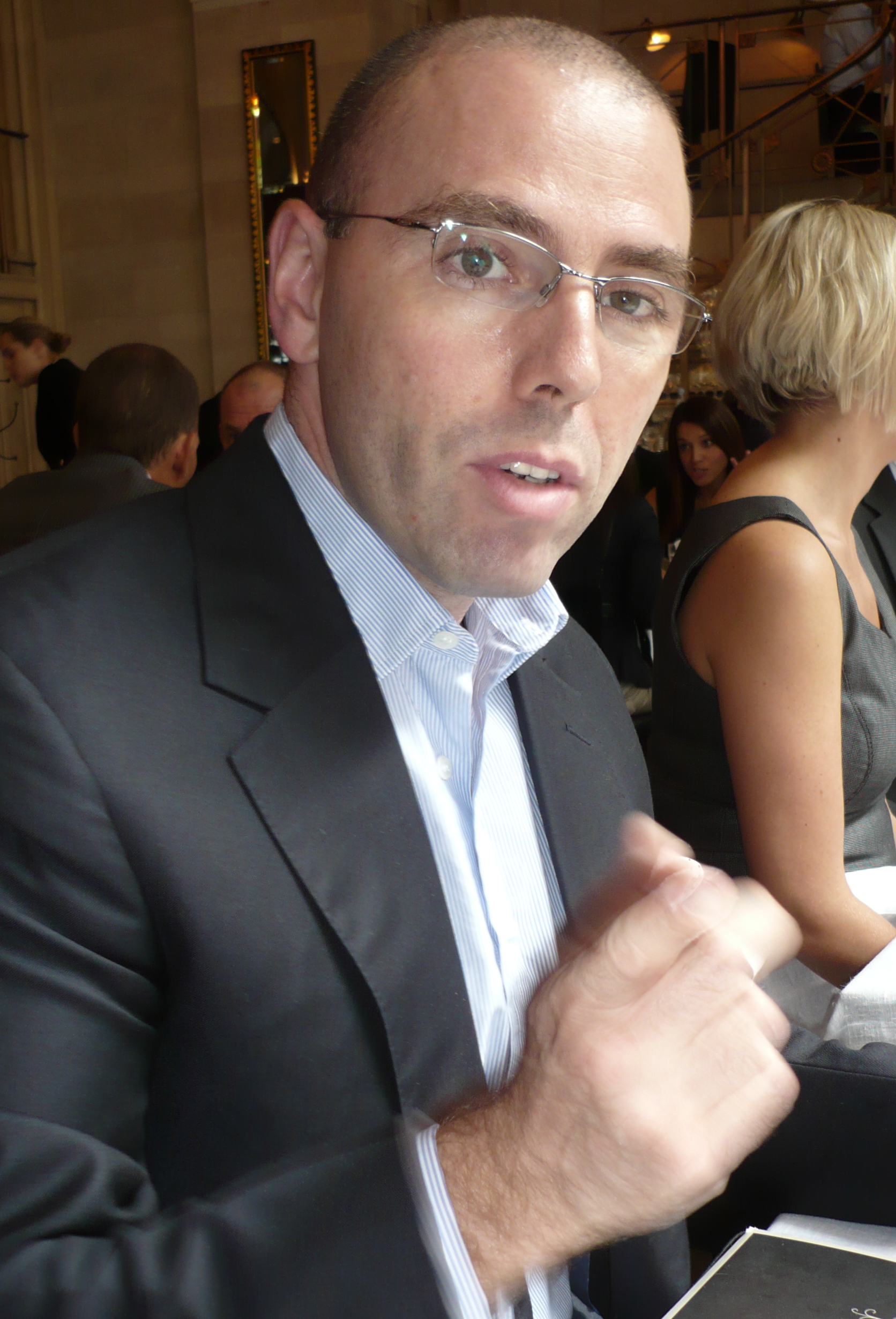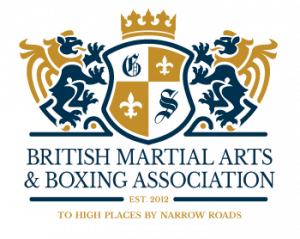History of our club
Chislehurst Kung Fu
was originally established
as the King's College London Kung Fu club by Sifu Steve Leppard, a King's College Mathematics PhD, when he started his doctorate in 1992. Since then many hundreds of students have trained under his guidance. Now based in Chislehurst the club is open to everyone.
Our club has a good number of regularly attending students of all grade levels, with a generous diversity
of gender, age, size and ethnicity.

History of Ba Feng Quan
Ba Feng Quan (八風拳) is a forward-looking and pragmatic kungfu school owing its teachings principally to those of the Southern Shaolin
tradition. Sifu Leppard trained under Sifu Lai Khee Choong, head of the Shaolin Gaocan Mun Nam Pai Chuan (NPC) style of kungfu, for well over 30 years before he was inspired to crystallise the learnings he gleaned from NPC into a new and progressive school. That school is what we now know as Ba Feng Quan or Eight Winds Kung Fu.

Teaching philosophy
After many years of training in Shaolin Nam Pai Chuan Sifu Leppard was well placed to understand the significant gains
of following a rigorous, indeed arduous, training regime of traditional Shaolin art. Through his exposure to contemporary teaching methods, his own researches, and his understanding for what would work in a modern environment, he came to realise that these benefits
could be shared with a wider cross-section of people.
Sifu Leppard's meditations led him to formulate a new way of propagating these learnings in a way that would work for a wide variety of people from all walks of life.
Chislehurst Kung Fu Instructor Steve Leppard
Chislehurst Kung Fu instructor Steve Leppard
is a seventh degree black belt and the founder of Ba Feng Quan (八風拳). Sifu Leppard first started his kungfu journey training in Nam Pai Chuan under Sifu Lai as an undergraduate Mathematics student at Imperial College London, and he started the King’s College NPC centre in 1992
when he began his PhD in Mathematics there.
As a child Steve was always fascinated by traditional martial arts, and he first had the opportunity to study martial arts in 1981 when he started practising karate at his local club in East London. Unlike the other kids who were into Bruce Lee, Steve secretly wanted to be David Carradine as Kwai Chang Caine from the 1970s Kung Fu TV series – he kept that pretty quiet though, and still feels a bit embarrassed about it today. Despite aiming lower than the other kids he still feels he missed his target by a long way!
Throughout the 1980s he continued his studies of karate, as well as studying softer styles such as aikido and tai chi, and dabbling with numerous other martial disciplines. Upon discovering Shaolin kungfu he felt like he had “come home” to a style that combined all elements of the martial arts that interested him in a consistent and traditional
manner.
Over the years Dr Leppard has combined his practice and regular teaching of kung fu with a career as a commodity structurer, portfolio manager, quantitative analyst, and investment banker. His work in such high-pressure and demanding environments helped him to appreciate the centredness, focus and discipline
that the study of a traditional martial art
such as Ba Feng Quan can bring.
Sifu Leppard is also a qualified Zen meditation and mindfulness instructor, and he integrates the practice of meditation and mindfulness into his kung fu teaching, as well as teaching the skills as a standalone discipline.
Steve’s greatest passion
is in teaching Ba Feng Quan
to people of all backgrounds and abilities, and he is at his happiest when in a sweaty training hall.

Ba Feng Quan 八風拳Philosophy of Practice
We do not wish to indoctrinate
our students with any particular set of beliefs, and our instructors do not subscribe to identical views, but it is helpful to examine the origins of Shaolin kungfu to put the art in its proper context. We tend not to articulate our philosophical foundations in words; this is not because we are being evasive, but because Shaolin kung fu was developed in the Ch'an (Zen, as it's known in Japanese) Buddhist temples of China and there is something to be gained from adopting the traditional experiential methods of learning kung fu, and we don't believe it is right to enforce a world view on anyone. These methods may be viewed as anti-intellectual by those familiar with mainstream Western philosophical traditions, emphasising as it does direct experience
and transmission of knowledge
at the expense of lengthy debate and an attempt to objectify knowledge.
We believe that progress in any endeavour in life is best achieved through hard work ("kung fu" is sometimes translated as "man's effort"), dedication and reflection. The harder the work, the more profound the reflection, the deeper the insight. Among the cultural elements we adopt from our classical origins are the supremacy of direct experience as a substitute for "book learning", a desire to suppress one's ego, the respect for all life, the value of physical effort, and the desire to achieve harmony with other people and one's environment. One can practice Ba Feng Quan purely as an absorbing physical activity with great benefits, and a large proportion of our students do just that. For those seeking deeper insight there is much food for thought in our techniques, and our teaching methods, that serve to act as a direct illustration of these underlying principles.
